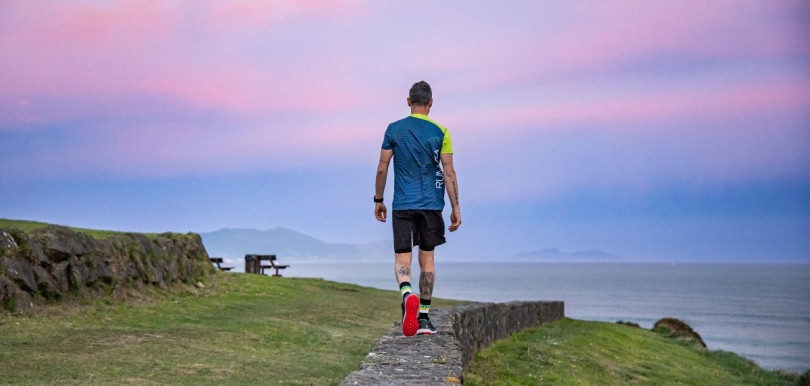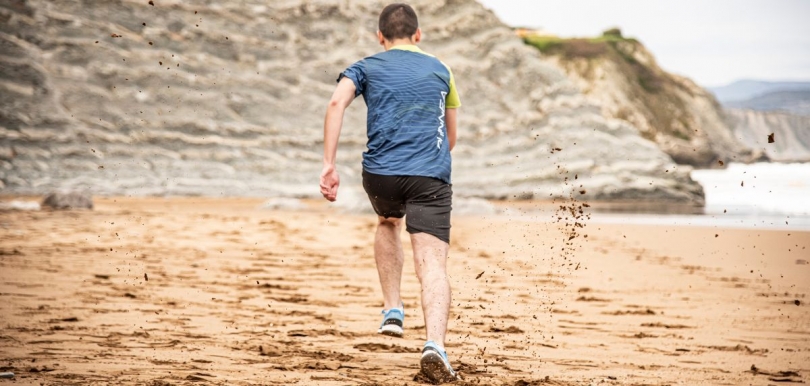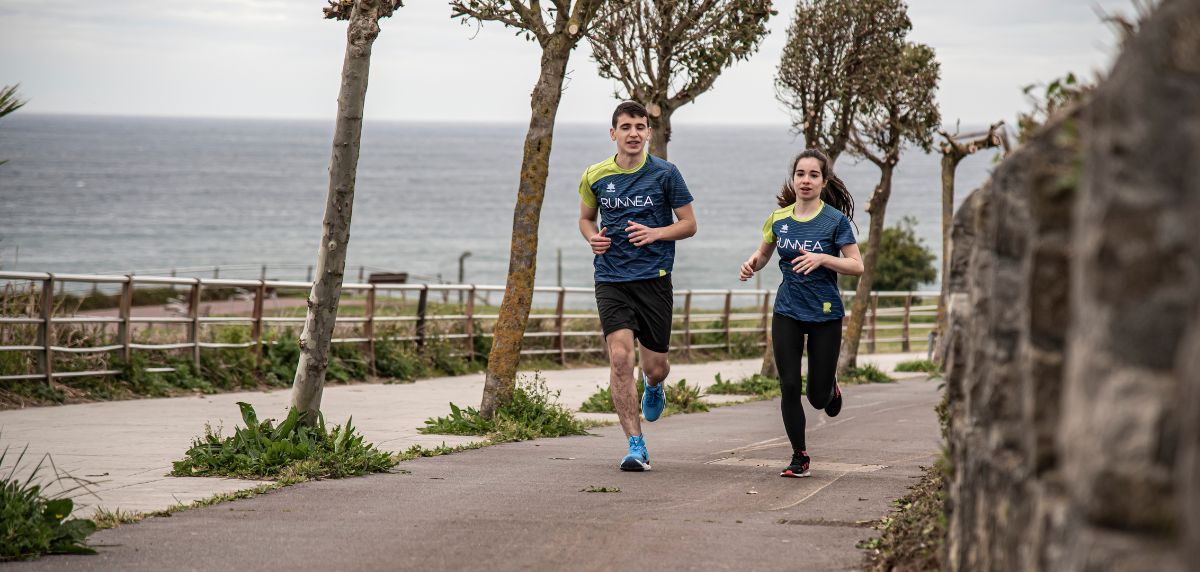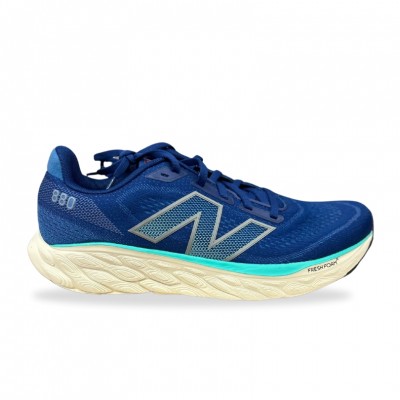Whether you are an experienced runner or an amateur runner, we have to tell you that having doubts before a competition is something very common. Aspects about performance, the final time at the finish line, competitive strategy, hydration and nutrition or the weather are usually the things that generate the most uncertainty, especially if we have been preparing for this race for a long time.
Probably, it is during the last week before the competition when we have more doubts due to the proximity of the goal. At that time the mind begins to scheme and imagine different situations about the race, which often, rather than helping, exacerbate the feeling of unease.
Logically, experience plays a fundamental role here, since it is likely that we have experienced similar situations before. However, being an experienced runner, although it helps, does not exempt us from having total control of the competitive variables.
That is why in RUNNEA we thought of giving you some guidelines that will help you to know how to plan the week before a race, addressing both a point of view on training and providing some very useful tips. Ready?

What to do the week before a race?
Before starting to break down the most important aspects of the week before a race, it is important to clarify two points. On the one hand, it is important to know that the guidelines are generalized, so that they may work well for one person while not being useful for another. On the other hand, do not think that we are going to give you any secret recipe, because, runner friend, this last week is characterized by continuing to do the same as you have been doing so far.
In other words, this is not the time to start testing and experimenting with new things.
About training
Depending on the type and, above all, the distance of the competition, the period of load reduction, commonly referred to as tapering, may come from further back. For example, in the case of a marathon, it is in the 2 or 3 weeks prior to the event when you start to reduce the volume of kilometers. If it is a shorter distance, such as a 5k or 10k, it is likely that the last week is the only one in which tapering is put into practice.
The premise in the last week before our target competition is clear: we will try to maintain the intensity, lowering the volume of kilometers and, unless we are high level athletes, reducing the frequency of our sessions.
The pre-competitive week should be characterized by alternating different types of training, in which there should be at least one day of running at low intensity not very long, a day of short interval training to not lose adaptations and a short run at very low intensity that includes some progressions as activation. This last session can be done either the day before the race or 2 days before, depending on the athlete's preference or logistical possibilities.

In the case of a person whose main objective is to participate in a 10 km race and has trained 5 days of running per week, this could be a training proposal:
- Day 1: 45' of continuous running at low intensity, below the aerobic threshold.
- Day 2: 4 sets of 1000 meters at a slightly higher pace than the race pace.
- Day 3: 25' of continuous running at very low intensity with 4 progressions of 20-30 seconds.
- Day 4: Competition
Practical advice
We are going to provide you with some guidelines that have no other objective than becoming your ally to get the best performance in the race the week before the competition and that you do not have days of excessive uncertainty and discomfort.

Rest and sleep
In this last week it is essential to prioritize rest and avoid activities that generate unnecessary and negative fatigue. If you are one of those who, in addition to training, has the habit of meeting with friends to dance, play paddle tennis or a walk, it is better to restrict these activities during the previous days.
No screens, mobile devices or artificial lights the minutes before going to bed. Have dinner with time and prioritize reading a book or practice a meditation routine.
It is very interesting that you establish a sleep schedule, trying to set a schedule to go to bed throughout the week. In this way, in addition to reducing fatigue levels, you are sure to increase the number of hours of sleep.
Nutrition and hydration
Contrary to what we think, we should not change many aspects of our diet. We should limit ourselves to eating as we have done so far, avoiding trying new foods that can only cause intestinal or performance problems. If you follow a diet that includes carbohydrates, it will be time to increase your intake, especially in the last 48-72 hours before the competition.
As for hydration, we should not go crazy. It is a good time to drink continuously during the day, but this does not mean that we should drink large amounts of water.
It is advisable to carry a bottle of water with us and drink small sips throughout the day, but it is not advisable to force yourself to drink liquids if you do not feel the need.
Competitive strategy

If you haven't already done so, the week before the race is a good time to set your race strategy. Depending on your fitness, distance, course characteristics or weather, we should set our way to face the goal, so that we can control as many variables as possible.
Studying the route, analyzing the weather forecasts or setting intermediate split times will be aspects that, however insignificant they may seem, will help us a lot when participating in a race and will have an influence on the outcome of the result.
Sports equipment
As with food, this is not the time to test. We will have to have in mind what clothes we are going to wear, that shirt and those pants that we believe will work best for us. It's important to choose footwear, depending on the type of competition. This has to be used regularly to ensure that it does not generate any kind of problem of discomfort. In this last aspect, socks also have a lot to say.
Whatever the brand, the socks must have a great breathability, a good fit and a series of protections in the areas with greater friction...

If your objective is a trail race or a long distance race on asphalt, it is interesting to consider the option of wearing a vest or hydration belt that can also be used to carry your cell phone or gels. If you decide to wear it , it is necessary to test it in the previous training sessions to evaluate if it works well for you.
Keep everything under control and reduce your doubts as much as possible.
Once you have these variables under control, at RUNNEA we assure you that the week before a race will become your best ally to achieve the best possible result in your next competition. We do not assure you that the result will always be as expected, but at least you can say that you have done everything in your power to achieve it.
Read more news about: Running Training





























